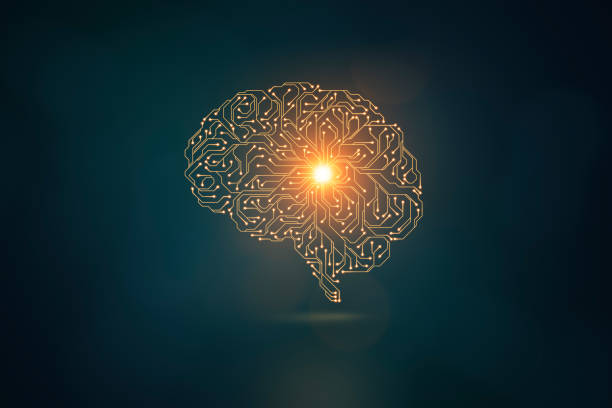Engineering Degrees in the Age of AI: What Students Should Know About Emerging Fields and Career Trends
As AI reshapes industries, engineering programs are evolving to include data science, machine learning, and automation. This article explores how modern engineering degrees are adapting, what students can expect in the curriculum, and how graduates are preparing for future tech-driven roles.

How is AI Transforming Traditional Engineering Programs?
Engineering programs are incorporating AI-focused coursework alongside fundamental engineering principles. Modern curricula now typically include machine learning fundamentals, data analysis, and AI applications specific to each engineering discipline. For instance, mechanical engineering programs often integrate smart manufacturing concepts, while electrical engineering departments emphasize neural networks and signal processing with AI applications.
What New Engineering Specializations Are Emerging?
Several cutting-edge specializations have emerged to meet industry demands:
-
Robotics and Autonomous Systems Engineering
-
AI Engineering
-
Smart Manufacturing Engineering
-
Digital Systems Engineering
-
Quantum Computing Engineering
These new fields combine traditional engineering fundamentals with advanced computational methods and AI technologies.
What Core Skills Should Engineering Students Focus On?
Modern engineering education emphasizes a hybrid skill set:
-
Programming proficiency (Python, R, MATLAB)
-
Data analysis and visualization
-
Machine learning fundamentals
-
Systems thinking and integration
-
Cloud computing platforms
-
Ethics in AI and automation
Traditional engineering mathematics and physics remain crucial but are now complemented by these digital competencies.
How Are Engineering Internships and Projects Evolving?
Industry partnerships are increasingly focusing on AI-driven projects. Students now often work with real-world datasets, autonomous systems, and smart manufacturing processes during their internships. Many universities have established innovation labs where students can experiment with AI technologies and collaborate with industry partners on cutting-edge projects.
What Career Opportunities Exist in AI-Enhanced Engineering?
The intersection of AI and engineering has created numerous career paths:
-
AI Systems Engineer ($95,000 - $150,000)
-
Robotics Engineer ($85,000 - $130,000)
-
Machine Learning Engineer ($110,000 - $170,000)
-
Smart Manufacturing Specialist ($90,000 - $140,000)
-
Digital Twin Engineer ($100,000 - $160,000)
What Are the Leading Engineering Programs for AI Integration?
| University | Key Focus Areas | Notable Features |
|---|---|---|
| MIT | AI/ML Engineering | Industry partnerships, research labs |
| Stanford | Robotics & AI | Silicon Valley connections |
| Carnegie Mellon | Computer Engineering & AI | Strong automation focus |
| Georgia Tech | Systems & AI | Online learning options |
| UC Berkeley | AI Applications | Research opportunities |
Prices, rates, or salary estimates mentioned in this article are based on the latest available information but may change over time. Independent research is advised before making financial decisions.
The future of engineering education continues to evolve with technological advancement. While traditional engineering principles remain foundational, the integration of AI and related technologies has created a more dynamic and interdisciplinary field. Students entering engineering programs today must prepare for a career landscape where the boundaries between conventional engineering and digital technologies are increasingly blurred.




